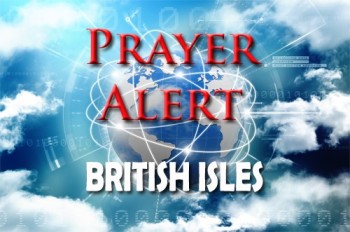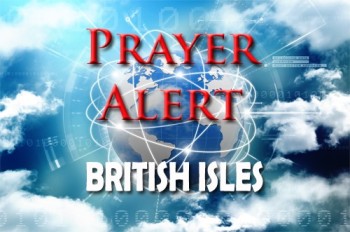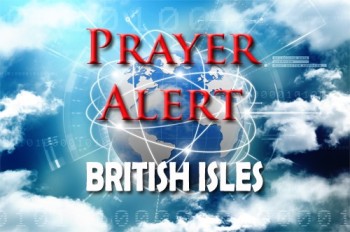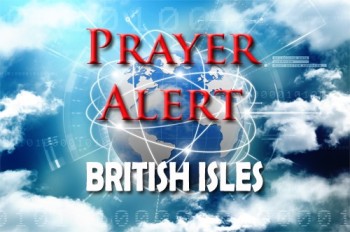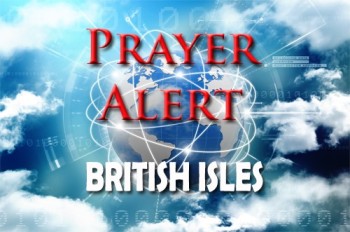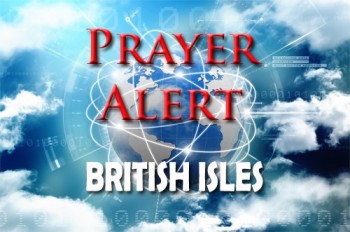Displaying items by tag: bird flu
First bird flu case confirmed in England
The UK Health Security Agency has confirmed England’s first human case of bird flu this season. The individual, located in the West Midlands, contracted the virus after close and prolonged contact with infected birds on a farm. They are now in isolation, with contact tracing underway. While no human-to-human transmission has been recorded, concerns remain. Public health minister Andrew Gwynne said that the risk to the public is low and emphasised the UK’s preparedness, including stockpiling the H5 vaccine to combat avian influenza. In response to rising bird flu cases, authorities have declared an Avian Influenza Prevention Zone (AIPZ) in England and Scotland. Chief veterinary officer Christine Middlemiss urged bird keepers to implement strict biosecurity, monitor for signs of disease, and report suspected cases immediately.
UK buys 5m doses of bird flu vaccine
The Government has secured over five million doses of a bird flu vaccine to prepare for potential human transmission of the H5N1 virus, despite no current evidence of such spread. The vaccine is part of broader efforts to enhance the nation's pandemic preparedness. Bird flu remains primarily a threat to birds, but certain strains, including H5N1, have been linked to human infections. Symptoms range from flu-like illnesses to more severe complications like conjunctivitis. The vaccine will only be deployed if human transmission begins. Public health minister Andrew Gwynne stressed the government’s commitment to safeguarding public health through proactive measures. Health agencies are actively monitoring avian influenza in humans, birds, and animals, contributing to global understanding and response strategies against the virus.
Hope for the Countryside
There has been a significant downturn in avian influenza cases since the beginning of November. Case rates peaked at over six a day in mid-October, but are now running at less than one a day, the majority of those being backyard flocks: the housing order for kept birds in England and Wales is seen as a contributing factor. Epidemiologists still predict another peak and are genuinely perplexed as to why we have not seen one yet, as there is a sustained increase in winter cases in wild bird carcasses. Housing orders and good biosecurity by commercial flock owners no doubt continue to play their part. Thank God for His mercy and continue to pray for His protection as the upturn threat is still anticipated for our wild bird colonies.
Bird flu: birds of sea, land, and air
Avian flu has brought devastation to our wild and sea birds. From Cornwall to Scotland, gannets, terns, gulls and puffins have died in thousands as the deadly disease spread through breeding colonies. Cases in farmers' flocks, too, have risen exponentially. Last year's annual record was quickly exceeded as a new, more lethal strain emerged. Thousands of poultry birds, including many turkeys, have been culled. This disease, devastating for farmers, veterinary, other staff and businesses, adds pressure to public and private finances. As it becomes commonplace, like bovine TB in cattle and wildlife, it has the potential to harm people. Hosea warns, ‘Therefore the land mourns and all who live in it languish; together with the birds of the air, even the fish of the sea are perishing’. (Hosea 4:3). Pray for farmers and others on the frontline tackling it.
Bird flu: supermarkets ration eggs
Asda is limiting customers to two boxes of eggs and Lidl is allowing three, due to rising costs and bird flu. Waitrose is monitoring customer demand. The UK is facing its largest-ever bout of this highly pathogenic disease. When there is a confirmed outbreak on a poultry or egg farm, all birds in the area are destroyed. The outbreak is compounding existing shortages as producers cut back on output or leave the industry due to increased costs. Russia's invasion of Ukraine raised farmers' energy bills and the costs of chicken feed, hens and packaging. There are 36.7 million egg-laying birds nationally, but there is capacity for over 44 million. Also, retailers are not paying farmers a fair price. The price of twelve supermarket eggs has risen by 50p, but farmers only saw a price rise of 5p to 10p.
Avian influenza (bird flu)
An avian influenza prevention zone has been declared across England, Scotland and Wales to reduce the risk of the disease spreading following a number of confirmed cases in recent weeks. This means that all bird keepers must follow strict biosecurity measures. Those with more than 500 birds now need to restrict access for non-essential people on their sites; workers must change clothing and footwear before entering bird enclosures, and site vehicles need to be cleaned and disinfected regularly. Backyard owners with smaller numbers of poultry including chickens, ducks and geese are also urged to strengthen their biosecurity measures in order to prevent further outbreaks of avian influenza in the UK. Public Health England said the risk to public health is very low, and the Food Standards Agency advises that ‘avian influenza poses a very low food safety risk for UK consumers’.
